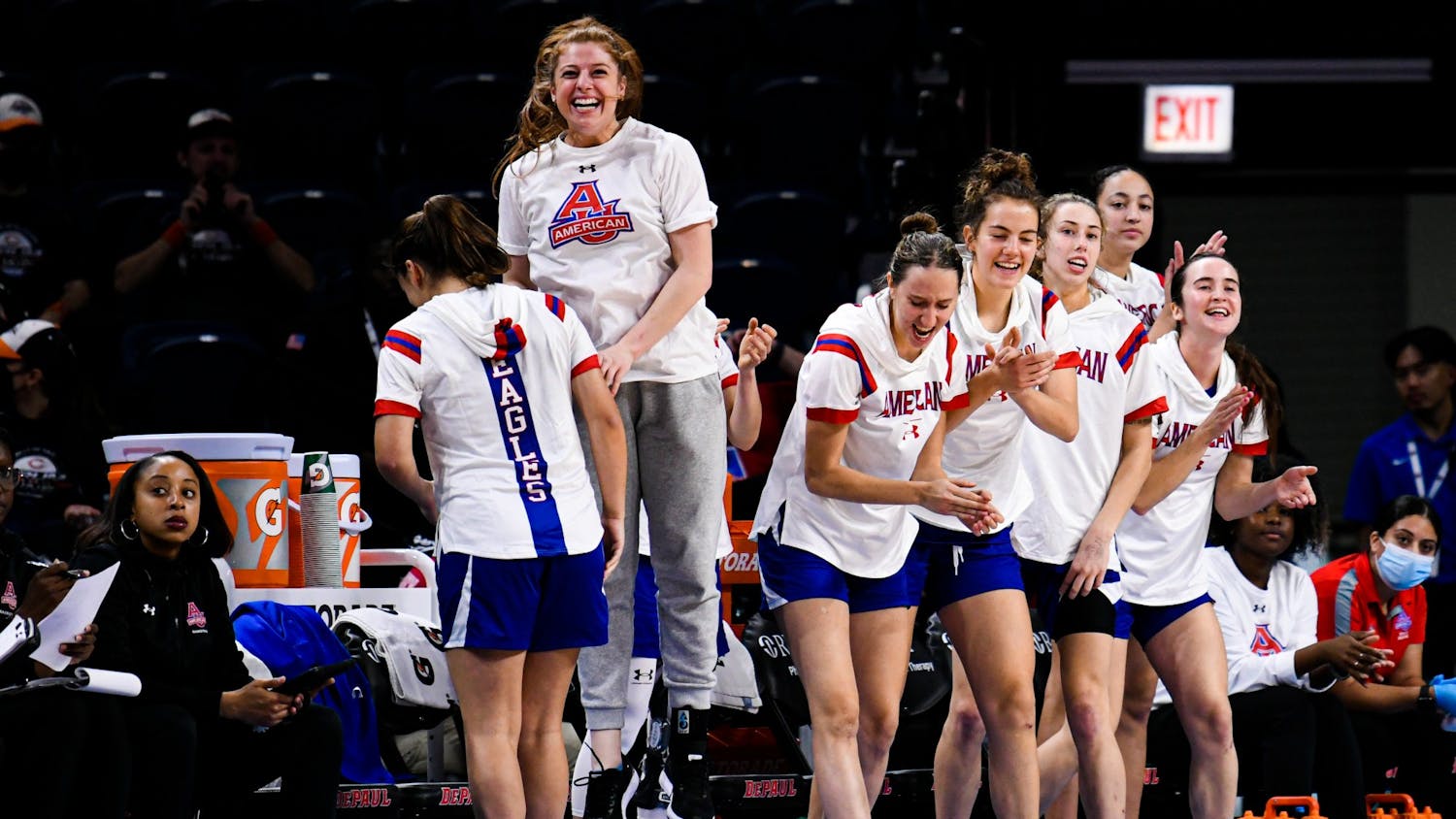Only eight baseball teams are going to the playoffs, and 24 are not. By simple math, the chances are better that your team is missing rather than making the playoffs. With all the ink sure to be devoted to the World Series contenders in the coming month, I think now is a good time to reflect on what can be learned from the also-rans and almosts of the 2004 baseball season.
No team is more of an almost right now than the Anaheim Angels. Predicted by many (including me) to be a Series contender, the Angels will need a strong final week to even contend the playoffs. What went wrong?
After picking up Vlad Guerrero and Jose Guillen in the off-season, Anaheim appeared to have the deepest lineup in the majors. However, the pitching staff never came together. Ace Bartolo Colon had a terrible first half, and several injuries (including one to slugging third baseman Troy Glaus) kept them from keeping pace with Oakland and Boston in the playoff race.
The lesson? What works in your PS2 baseball game might not work in the majors. Someone send Angels General Manager Bill Stoneman a copy of "Moneyball" STAT.
Staying in the same division, how 'bout those Rangers? The media thought they would be doomed after shipping lone star Alex Rodriguez to the Yankees. Instead, the Texas Rangers had their best season since Chuck Norris' show went off the air.
How did it happen? Finally given a chance to lead their own team, youngsters Hank Blaylock and Mark Teixeira stepped up big-time, each posting .275-30 HR-110 RBI seasons. Additionally, Michael Young had a career year, breaking 200 hits, and Alfonso Soriano's work ethic and winning attitude made him a bona fide leader.
The lesson? The stars of tomorrow can only become the stars of today if you step aside and give them a chance to perform.
The New York Mets hope they've finally learned the same lesson. After too many years of throwing money at the wrong veterans, New York is letting the youth movement take over. While overpriced veterans like Cliff Floyd, Mike Piazza and Tom Glavine ride out their contracts, the Mets are locking down their young stars to long-term contracts.
David Wright, a National League Rookie of the Year candidate, has shown impressive hitting and fielding abilities consistently since being called up from the minors in July. Second baseman Jose Reyes is a future All-Star if he can ever stay healthy for a full season. Japanese import Kaz Matsui has shown flashes of brilliance, although he's clearly not yet adjusted to playing in America.
Even New York's moves for veterans have worked out this year. Mike Cameron has had an excellent year at the plate, bringing 29 home runs to the table along with his Gold Glove defense. And Richard Hidalgo was a steal, as the Mets just gave up a middle reliever for some huge offensive production through the summer. Though the Mets fizzled in August and September, as usual, the seeds are in place for future playoff runs.
The lesson? Don't try to keep up with the Yankees in the payroll department. Slow and steady wins the race.
Or, if slow and steady isn't your thing, you can come out of nowhere with a great season like the Cleveland Indians. Put out to pasture with few veterans left in Cleveland, the Indians rode several unheralded talents to a brief playoff race before foundering in late August.
The biggest difference-maker in Cleveland has been catcher Victor Martinez. The 25-year-old led a balanced offensive attack that included seven players with over 135 hits, and stepped up as the emotional leader of the team. His leadership and presence in the cleanup spot have helped Travis Hafner, Casey Blake, Coco Crisp and others step up and have career years.
The lesson? Every young team needs an emotional leader to get all the players on the same page. Look for a Cleveland playoff run as early as 2005.
For you Cardinals, Yankees, Red Sox and Braves fans, don't worry, you'll see plenty of media coverage of your teams in the coming weeks (well maybe not the Braves, no one likes talking about them).




